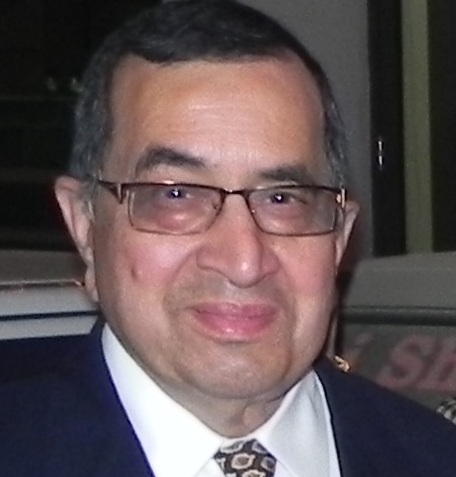
Born in 1941, Vinod was brought up and educated in Amritsar. He attended Government Medical College, and subsequently trained as a surgeon at PGI, Chandigarh. He left for USA in 1969, and retired in 2003 as Director of Critical Care Services at a teaching hospital in Michigan. Married with two grown sons, he continues to visit India at least once a year.
When I sent five thousand rupees to Lal Devi in Amritsar, I knew that I would hear about it on my next trip from the US to India. I heard about my ‘generosity’ from an aunt in Delhi.
The reason she knew about it was what I should have known from my childhood. Lal Devi loved to talk or, as most neighbors said, ‘blab'. She was the gossip in the neighborhood and could spread a piece of information faster than the dhindorchis (drum-bangers).
When I last saw her she was blind as a bat. "I miss your mother!" she talked about my dead mother as she sunned herself in the winter morning, on our verandah. She was over eighty years old. As usual, she had had many complaints about failing organs and ingrate grandchildren. She bemoaned the fact that she had outlived so many of her neighbors and friends among others.
"I will be dead the next time you visit Amritsar," she said.
"You will live to be hundred before you die".